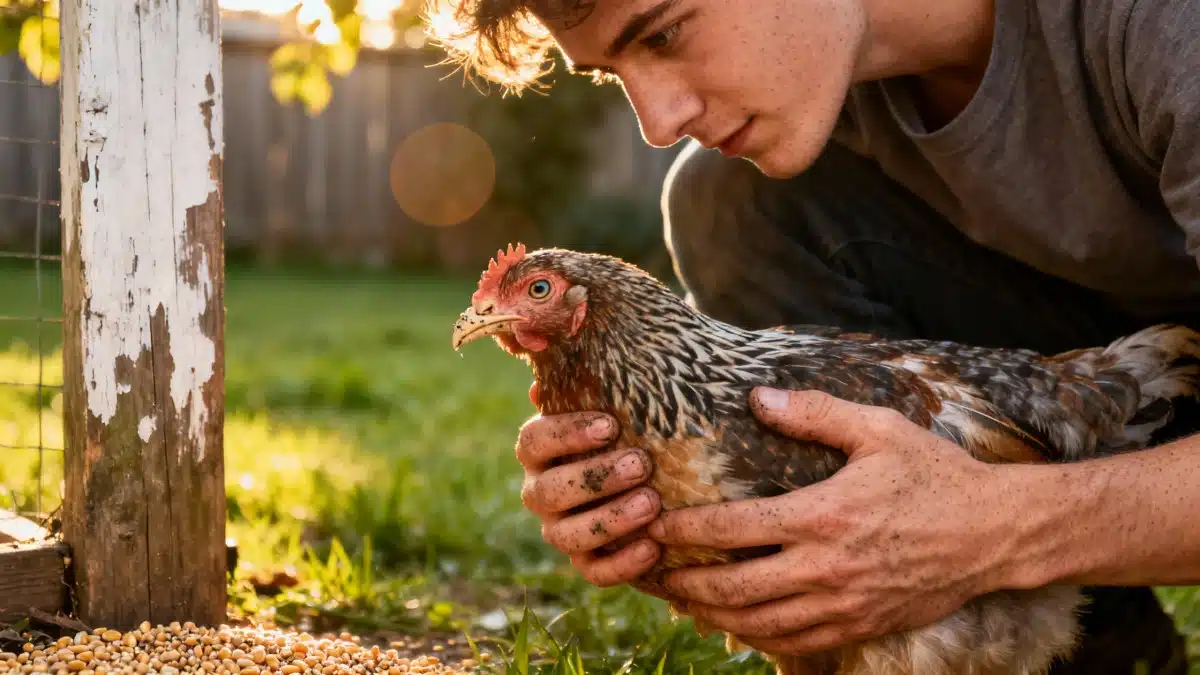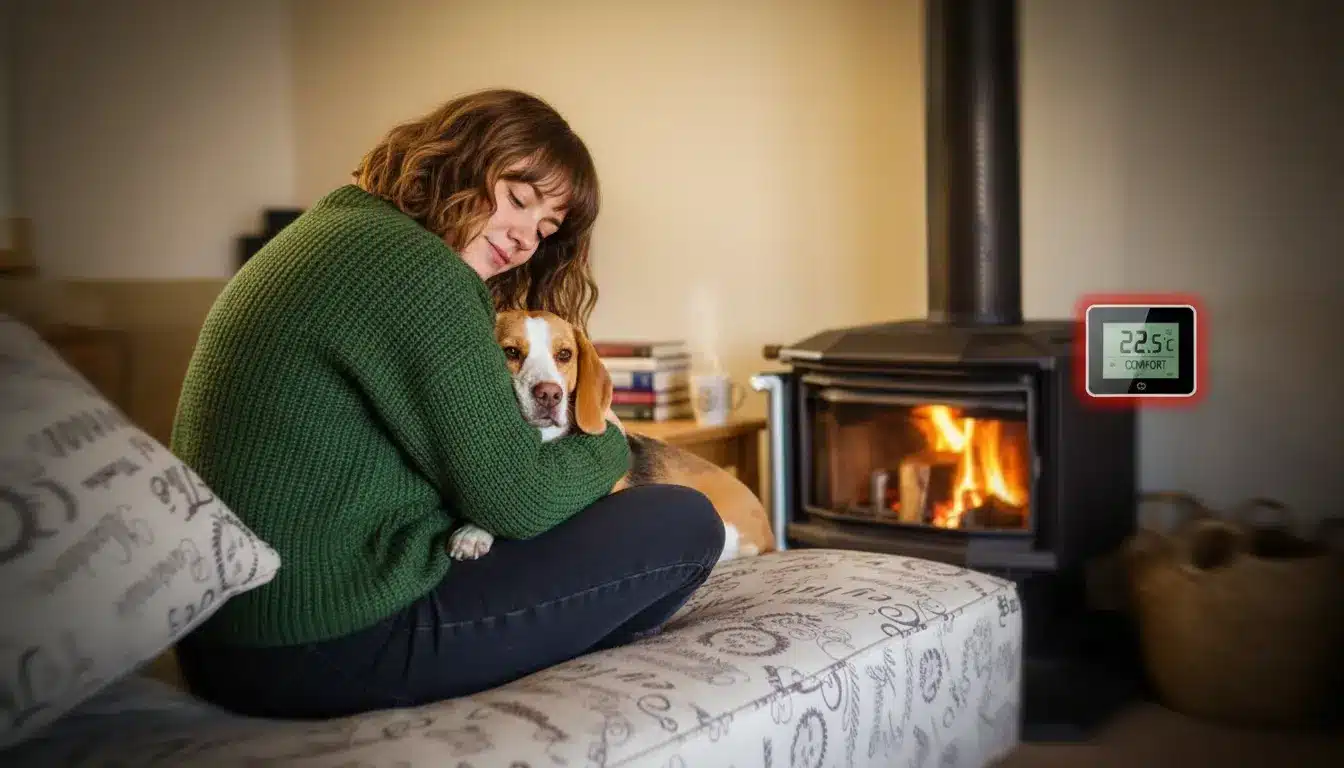Dreaming of waking up to fresh eggs in your own backyard and the gentle chatter of chickens? Or are you secretly hoping your rooster will ruffle your cranky neighbor’s feathers? Before building that coop, let’s answer the burning question: Is keeping chickens in your backyard illegal? Here’s what the law really says, based strictly on the facts from ‘source: www.PoulaillerDesign.com’.
Backyard Chickens and the Law: What’s Allowed?
Good news for aspiring poultry enthusiasts: establishing a small family henhouse—especially if it’s housed in a so-called “mobile” setup—usually requires no prior declaration. This category is treated similarly to pet ownership (yes, chickens can be as cuddly as your cat, albeit with fewer purrs). However, some housing developments ban coops outright, but this prohibition specifically concerns setups hosting more than 50 animals (in ‘animal-equivalent’ terms). For most garden enthusiasts, you’ll fly safely under the radar.
But what’s an ‘animal-equivalent’? Glad you asked! According to the rules:
- Chickens, roosters, pheasants, guinea fowl: 1 animal-equivalent each
- Ducks: 2 animal-equivalents
- Turkeys, geese: 3 animal-equivalents
- Fattened waterfowl for foie gras: 5 animal-equivalents
- Pigeons, partridges: 1/4 animal-equivalent
- Quails: 1/8 animal-equivalent
If your flock stays under 50 animals-equivalents older than 30 days, you’re running a classic backyard flock. Not too shabby!
Legal Requirements for Your Flock
By right, any person can keep animals according to article L. 214-1, but you must also obey hygiene, safety, and your neighbors’ rights. If you break the 50 animal-equivalents threshold, your peaceful poultry project turns into a classified farm that requires official registration—don’t forget to consult your local agriculture office for the spicy details.
Coop ambition bigger than your backyard? Some rules apply for larger or permanent coops. For structures over 5 m² or higher than 180 cm, you’ll need prior authorization from the town hall and may have to pay a special development tax. (Bureaucrazy, anyone?)
- You don’t need to be a farmer to keep chickens, as long as you’re only eating what your birds produce at home and your flock remains ‘family-sized.’ No sharing eggs for profit, folks.
- If you’re extending, converting, or building a new chicken shed (except for rabbit or poultry shelters with fewer than 50 animals over 30 days), a prior declaration file is required.
Health, Hygiene, and Noise: Keeping Everyone Happy
Since March 2016, every chicken keeper (from tiny flocks to feathered empires) must follow avian flu monitoring and prevention measures dictated by your local prefecture. These requirements vary depending on local health alerts. To stay in the loop, you’ll need to register your birds with your town hall by completing a dedicated form—a legal obligation since 2006.
Worried your rooster’s serenade might cause neighborly uproar? Backyard coops must follow noise rules found in Article R 1334-31. While classic farmyard sounds like rooster crows or a turkey’s gobble are considered ‘normal,’ if your birds strike up a cacophony that’s relentless, intense, and never-fading (day and night), trouble brews. Install more than 10 birds? Keep them at least 25 meters away from homes. Over 50? Bump that up to 50 meters. Still, always refer to your regional sanitary regulation, which might add or modify these rules.
As for cleanliness, manure piles shouldn’t sit closer than 35 meters to houses, wells, streams, or public roads. Coops, hutches, and dovecotes must be kept clean and well-maintained; disinfected as often as necessary. Evacuate manure when needed to avoid irritating your neighbors. The general rule? Don’t let your chickens turn your yard into Eau de Farmhouse.
Don’t forget disease prevention: owners must limit the risk of transmitting pathogens or causing nuisance. Animals kept for food, wool, skins, or as companions must be healthy and cared for. Outdoor birds should be reasonably protected from bad weather and predators, and their enclosures should be secure against escapes and injury. A sick or injured bird? Provide care immediately, and consult a vet if needed.
Your Chickens, Your Responsibility (and Boundaries)
More practicalities: if your chickens break out and crash the neighbor’s garden party, they’re still yours (legally). However, once a month passes after the neighbor declares their arrival at town hall, you lose the right to fetch the wandering chickens.
If your birds damage next door’s petunias, you must compensate the damage. Neighbors can, in extreme (and immediate) cases, kill the troublemaking birds—but must leave your property with empty hands. Dead chickens left behind for more than 24 hours? The field’s owner is expected to bury them on the spot.
Unclaimed or stray animals that cause harm can be taken without delay to a local deposit designated by the mayor. If you remain silent and damages aren’t paid within a week, a judge may order their sale to cover losses.
As a finishing note: if your chickens behave, sound, and smell as regulations require, and your coop is by the book, neighbors can’t claim harm from standard farming nuisances. But should you end up facing fowl squabbles, your best bet is a local mediator or your home insurance’s legal help—not your lawyer’s lunch break.
Reference: source: www.PoulaillerDesign.com

John is a curious mind who loves to write about diverse topics. Passionate about sharing his thoughts and perspectives, he enjoys sparking conversations and encouraging discovery. For him, every subject is an invitation to discuss and learn.






